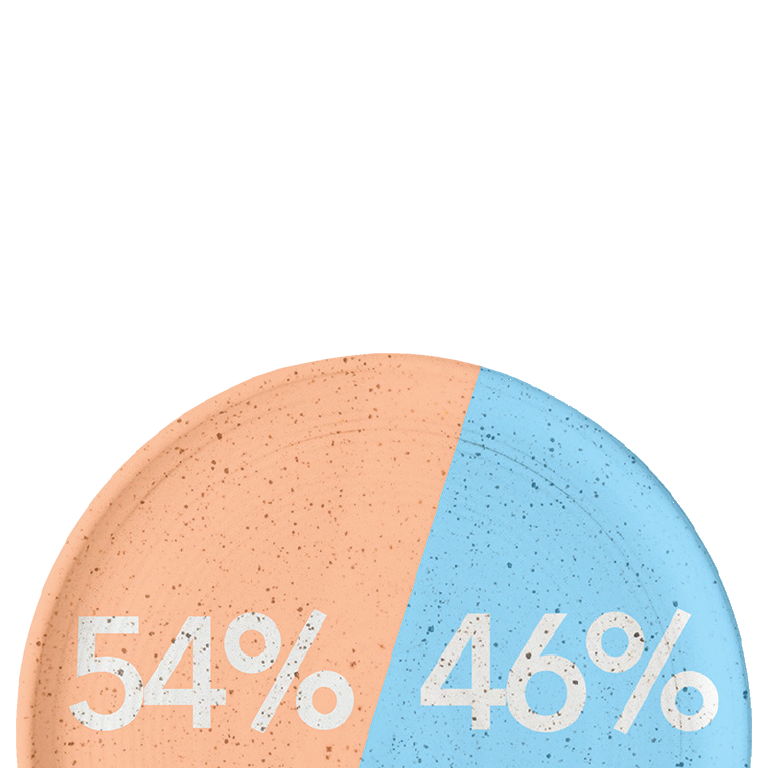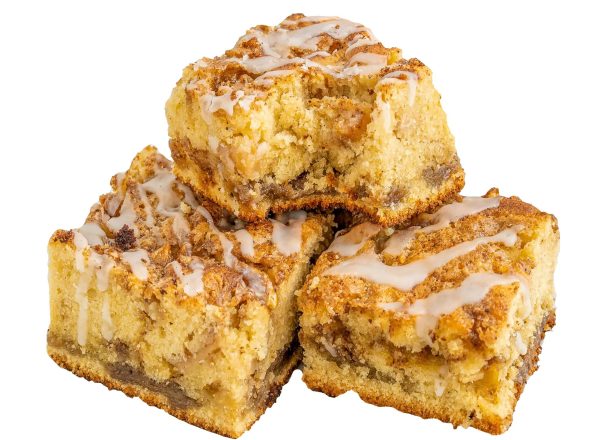The Most Important Meal of the Day
Although it’s common knowledge that breakfast is important, only a third of Americans eat breakfast every day.
April 6, 2022
You might have heard the saying: breakfast is the most important meal of the day. Although this saying may be common knowledge, over 40% of people don’t eat it. After all, it’s only one meal, right?
HISTORICAL CONTEXT
The word breakfast comes from the historical term break fast, meaning to break one’s overnight fasting period. Breakfast started in the 19th century when middle-class men and women had to go to work; the only time to eat breakfast was much later in the morning. Some breakfast buffet items would be sausages, muffins, toast, marmalade, butter, jam, coffee, and tea.
Eating breakfast became a luxury. But towards the end of the 1800s, people were against this elaborate diet. As women entered the workforce, they
had less time to make meals for themselves and their families. The new objective would be accessible and quick-paced foods.
NO TIME TO DINE
In our fast-paced society many breakfast foods are made in the grab-and-go style, as time constraints limit a long nutrient-rich meal. But we shouldn’t overlook breakfast foods—although substitutes might include a quick bar or bagel, these breakfast foods are high in fiber and protein, which kick-starts metabolism faster. They also provide essential nutrients such as calcium, iron, and fiber.
Breakfast might not seem like the most appealing meal in the morning, but it’s superbly beneficial for your body. When you decide whether or not to eat breakfast today, remember how much a nutritious meal can impact and improve an entire day.

















